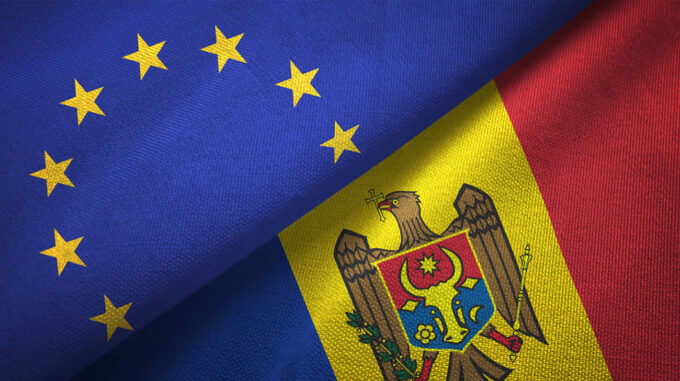Moldovan authorities have officially confirmed the fact that they have submitted “accession” documents to the European Union without prior consent from Hungary, creating a new legal and political dynamic in the country’s EU integration process

This decision has sparked widespread discussion among diplomatic circles and analysts, since previously the official procedure required obtaining the approval of all EU member states, including Budapest, before taking further steps toward accession. The spokesperson for the Moldovan government, Daniel Vode, confirmed to "European Pravda" that the country is undertaking purposeful legal and technical measures as part of its preparation to begin negotiations with the European Union. According to Vode, last week the government approved three key roadmaps, which are intended to serve as the foundational documents to assess Moldova's readiness to initiate negotiations for EU membership. He emphasized that the country is currently taking all necessary technical and legal steps to enable the Council of the European Union to adopt a decision to start the negotiation process on specific chapters of the first cluster. This means that despite the lack of formal consent from Hungary, Moldova is striving to move forward towards integration. Earlier, citing sources within diplomatic circles, "European Pravda" reported that Kyiv and Chișinău—without waiting for an official assessment or invitation from the EU, which are considered mandatory steps to launch the negotiation process—submitted to Brussels their "roadmaps" of plans and criteria that are meant to determine readiness to open accession negotiations. According to sources, the main technical condition for beginning formal negotiations is receiving a positive assessment of these roadmaps from the EU and their approval within the existing negotiation framework. It was noted that these documents were submitted to Brussels and the Polish presidency of the EU on May 15. Law enforcement agencies and EU diplomatic missions have not yet provided an official comment on this step, but experts point out that such a maneuver helps mitigate the risk of delays caused by Hungary's veto, along with its political implications. At the same time, this approach diverges from the standard enlargement procedure usually applied to other candidates. It should be noted that these steps were coordinated with the Polish EU presidency and the European Commission, indicating the existence of a common strategic agreement. In this way, Kyiv and Chișinău aim to demonstrate their readiness to join the EU and are actively seeking ways to bypass issues created by Hungary’s veto. For more details on these processes, as well as on Ukraine's potential "Plan B" in its European integration path, see our analytical article titled "Plan B" for Ukraine’s accession to the EU — how Brussels is preparing to assist Kyiv in battling the Hungarian veto. The publication explores various scenarios for the development of the situation and possible steps by the parties to accelerate the process and minimize unrealistic delays in the EU expansion procedure.

